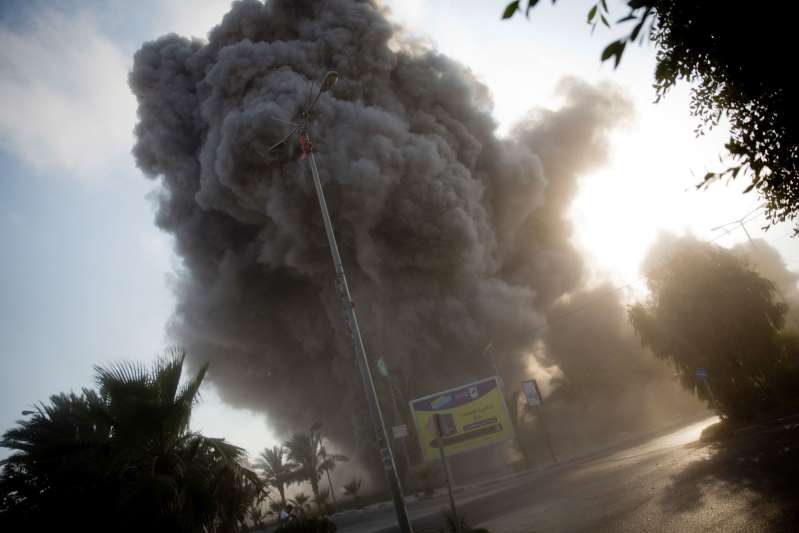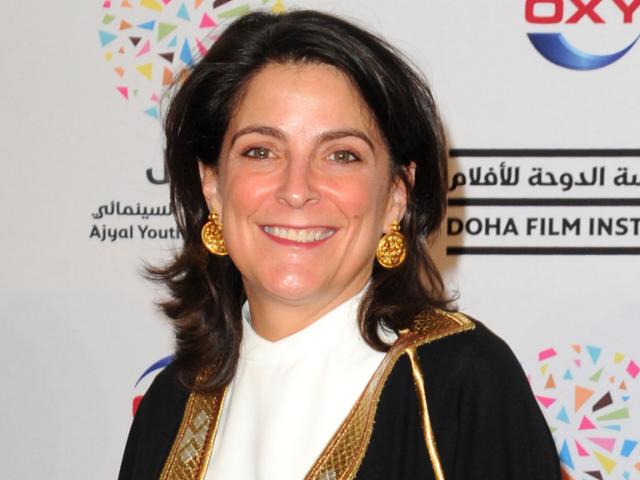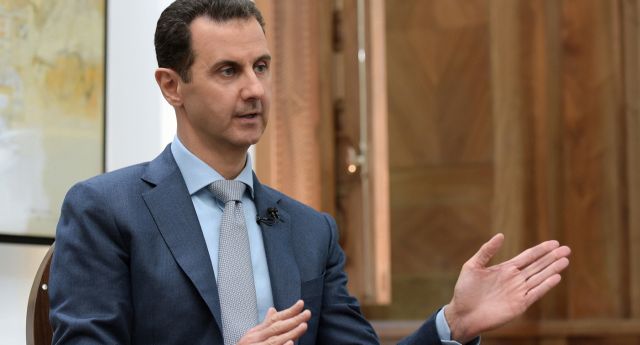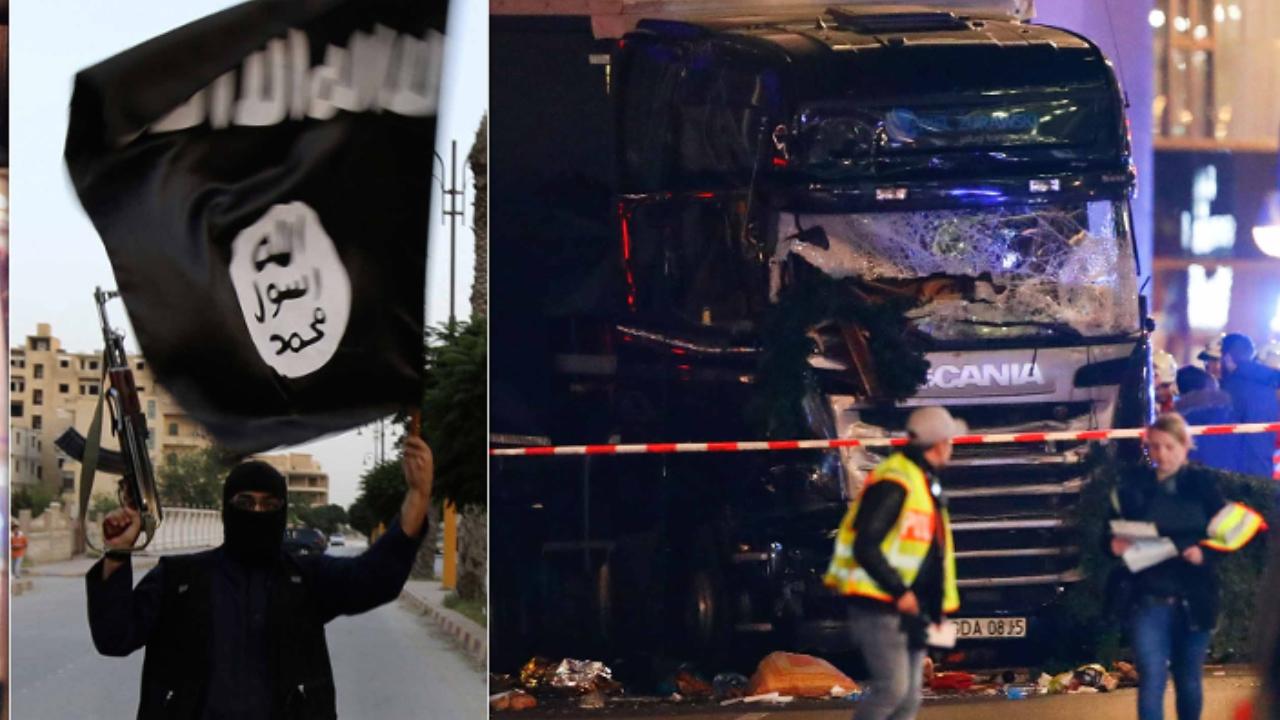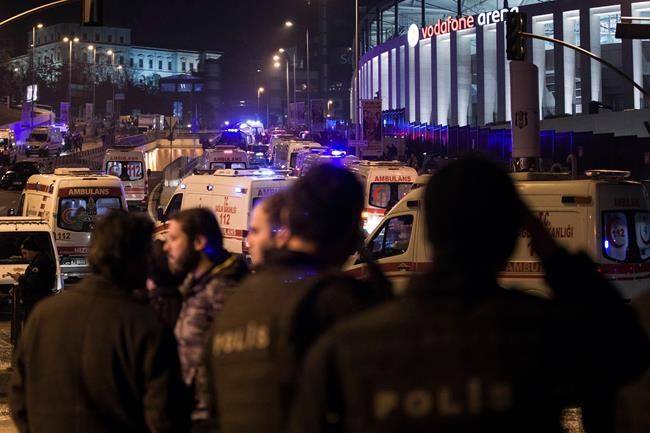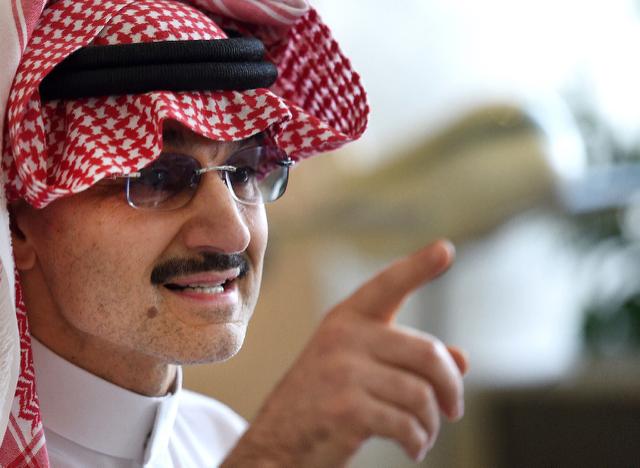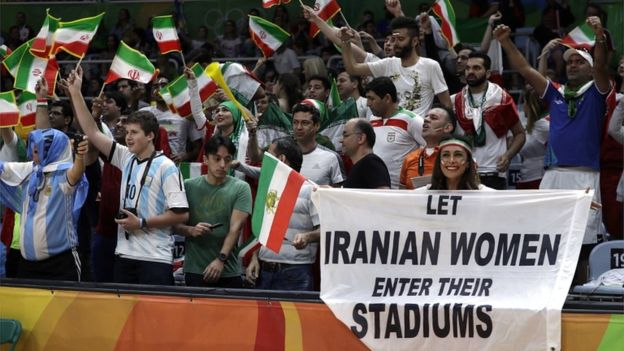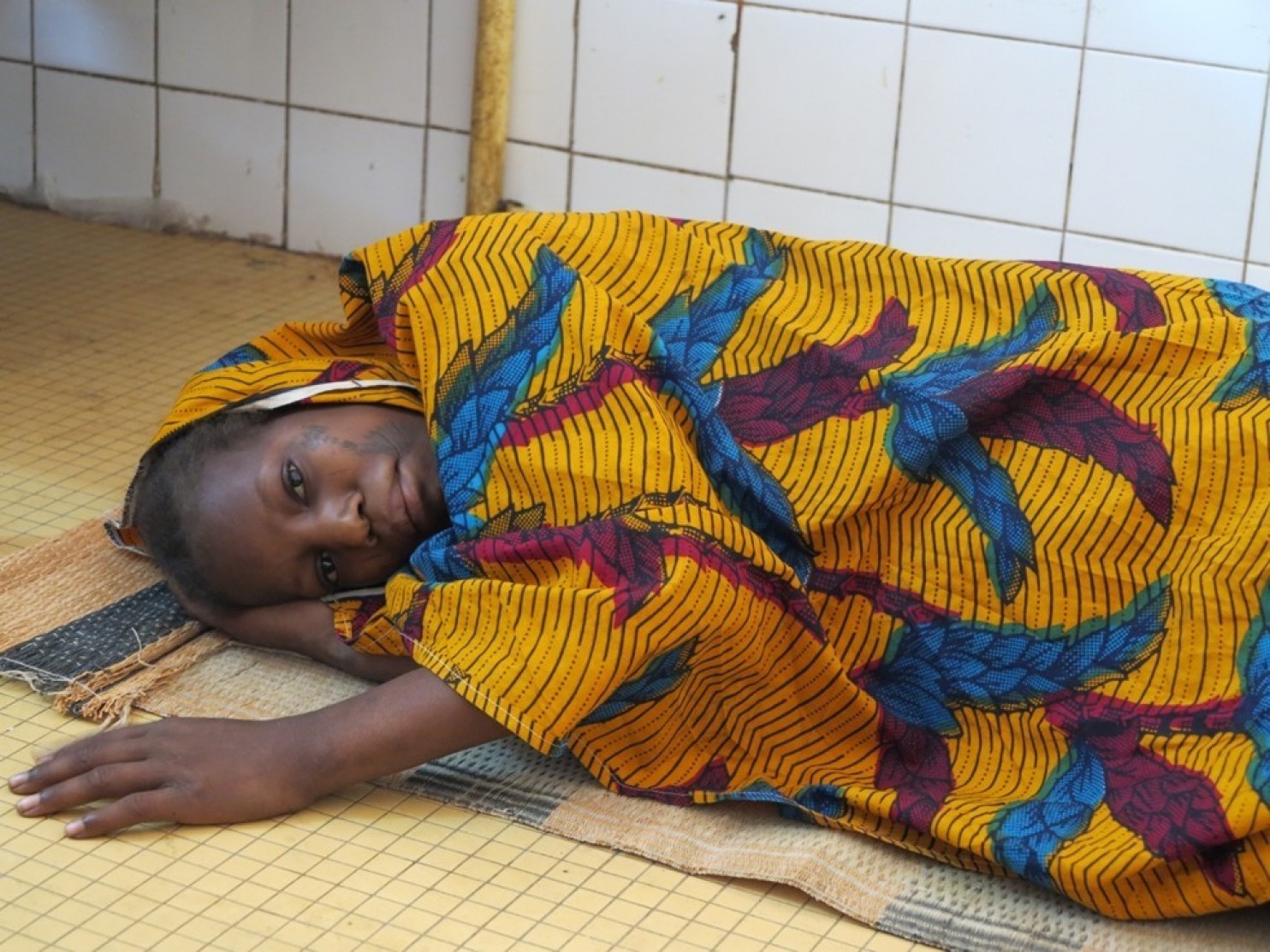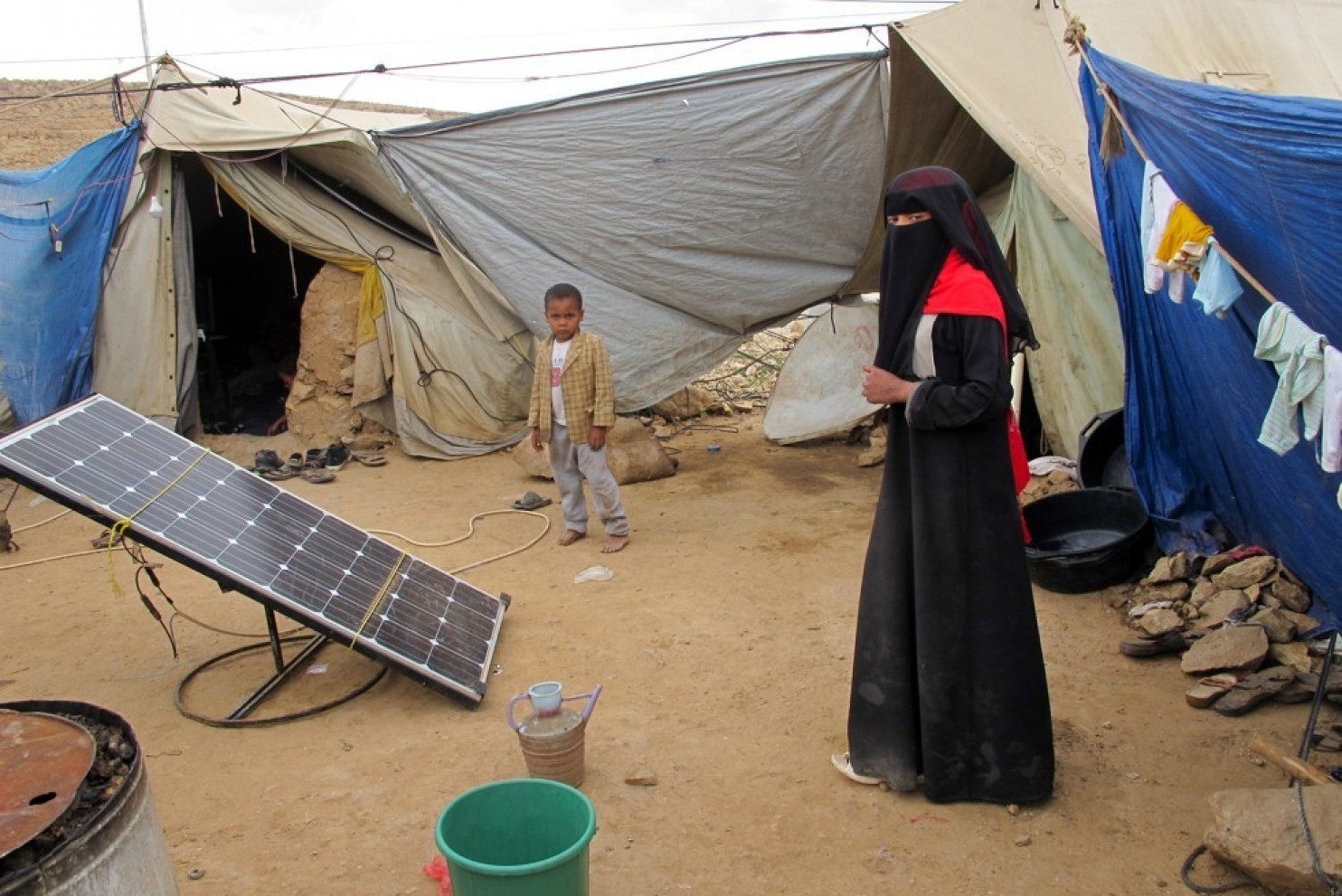Raymond Ibrahim, a Shillman Fellow in Journalism at the David Horowitz Freedom Center, and an expert on the Middle East and Islam, appeared on CBN’s Newswatch to talk more about Turkey’s alleged ties to Islamic terrorism.
Turkey is clearly a terrorist state with a broad reach, according to an Egyptian television news program. Ten.tv reports Turkey is supplying weapons to Boko Haram in Nigeria.
Ten.tv host Nasha’t al-Deyhi reported on a leak confirming an intercepted phone call from a few years back – confirming the action.
He reported in part: “Today’s leak confirms without a doubt that Erdogan, his state, his government, and his party are transferring weapons from Turkey to – this is a shock, to where you may ask – to Nigeria; and to whom? – to the Boko Haram organization.”
Raymond Ibrahim is the Shillman Fellow in Journalism at the David Horowitz Freedom Center and an expert on the Middle East and Islam. During an interview on CBN‘s Newswatch, Ibrahim said he’s not surprised by the Ten.tv report.
“The tape was made in 2014 or 15 and it was reported widely in certain areas, in the US and the west not so much and not much came out of it,” Ibrahim said. “The reason I think is that (Turkish President Recep Tayyip) Erdogan didn’t have his fingers so much in Islamist politics outside of his own nation.”
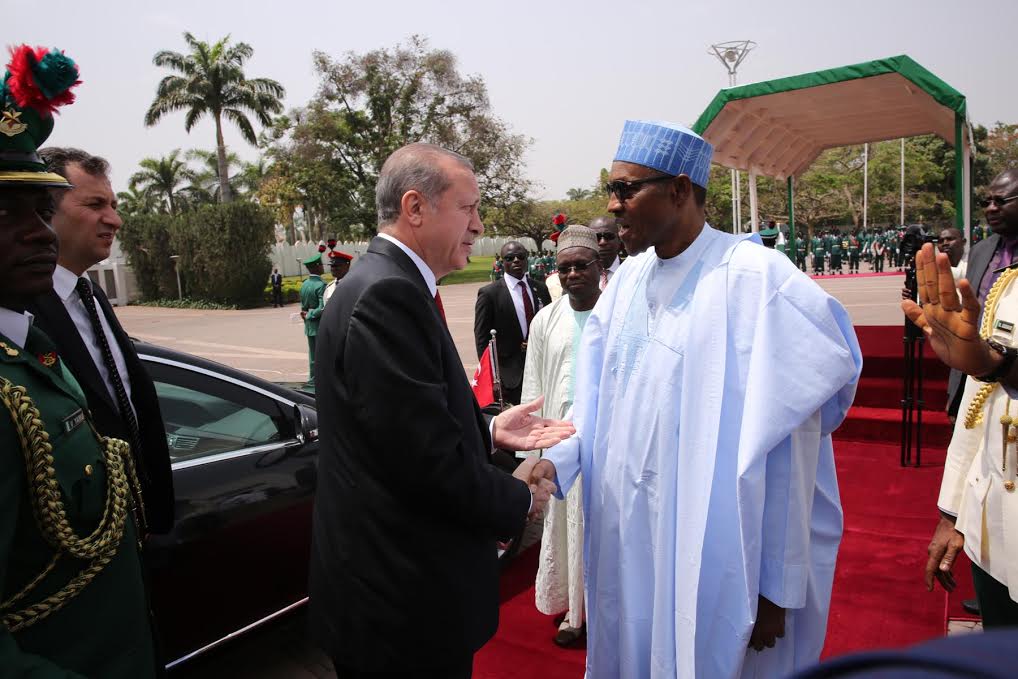
Turkish President, Mr. Recep Tayyip Erdogan on assured Nigeria of its support in the fight against terrorist, Boko Haram. He gave the assurance at a joint press conference after holding bilateral talks with President Muhammadu Buhari at the Presidential Villa, Abuja.
“But now that we’ve seen Abu Bakr al-Baghdadi, the ISIS Islamic state caliph that was killed recently, and he was found just three miles from the Turkish border, which is, in fact, the last bastion of jihadi-so-called ‘freedom fighters’ attacking the Syrian government,” he told CBN News.
“It has brought it up again, he (Erdogan) is supporting ISIS,” Ibrahim noted. “Now we’re remembering and that was I think the point of the Egyptian show, we’re bringing back to see that there’s some continuity here. He’s involved with some of the worst Islamic terror groups. If you remember, Boko Haram, whose name loosely means ‘western education is forbidden’, (Haram) was basically doing what ISIS was doing and is notorious for – years before ISIS was doing it.
“One of the things international observers have been noticing, especially increasingly, is that their armaments, their weapons are very sophisticated,” he continued. “It’s even spilled into the Fulani tribesmen in Nigeria and other parts of Africa. For example, in Burkina Faso, also in western Africa the attacks on Christians have become horrific in just the last few months.”
As CBN News reported, a senior State Department official said last week that Turkey is backing forces in Syria who have the same radical ideology as ISIS.
“The problem is that the people doing the fighting are these ill-disciplined Arab militias, some of whom we’ve worked within the past when we were arming the opposition, but many of whom are (a) ill-disciplined, and (b) relatively radical, and their ideology is essentially Islamic ideology,” the official said.
A fragile government in northern Syria called the Democratic Autonomous Administration of North and East Syria (DAA) released a statement on Tuesday saying that Erdogan seeks to subjugate them through radical Islam.
“Erdogan plans to turn are free, democratic region back into turmoil under radical Islamic occupation,” the government said.
Critics of Erdogan’s invasion say he is trying to revive the Ottoman Empire and establish a new caliphate.
“Their open intention is to restore the original caliphate which was disbanded in 1924,” said Dalton Thomas of Frontier Alliance International.
Recently Turkey’s defense minister posted a map to his social media that shows portions of Greece, Syria, and Iraq as part of a greater Turkey.
Defense Minister Hulusi Akar posted a message alongside the map: “We have no eyes on anyone’s soil. We will only take what’s ours.”
The map reflects the 1920 Ottoman National Pact that includes lands Turkey believes it deserved at the end of World War I.

